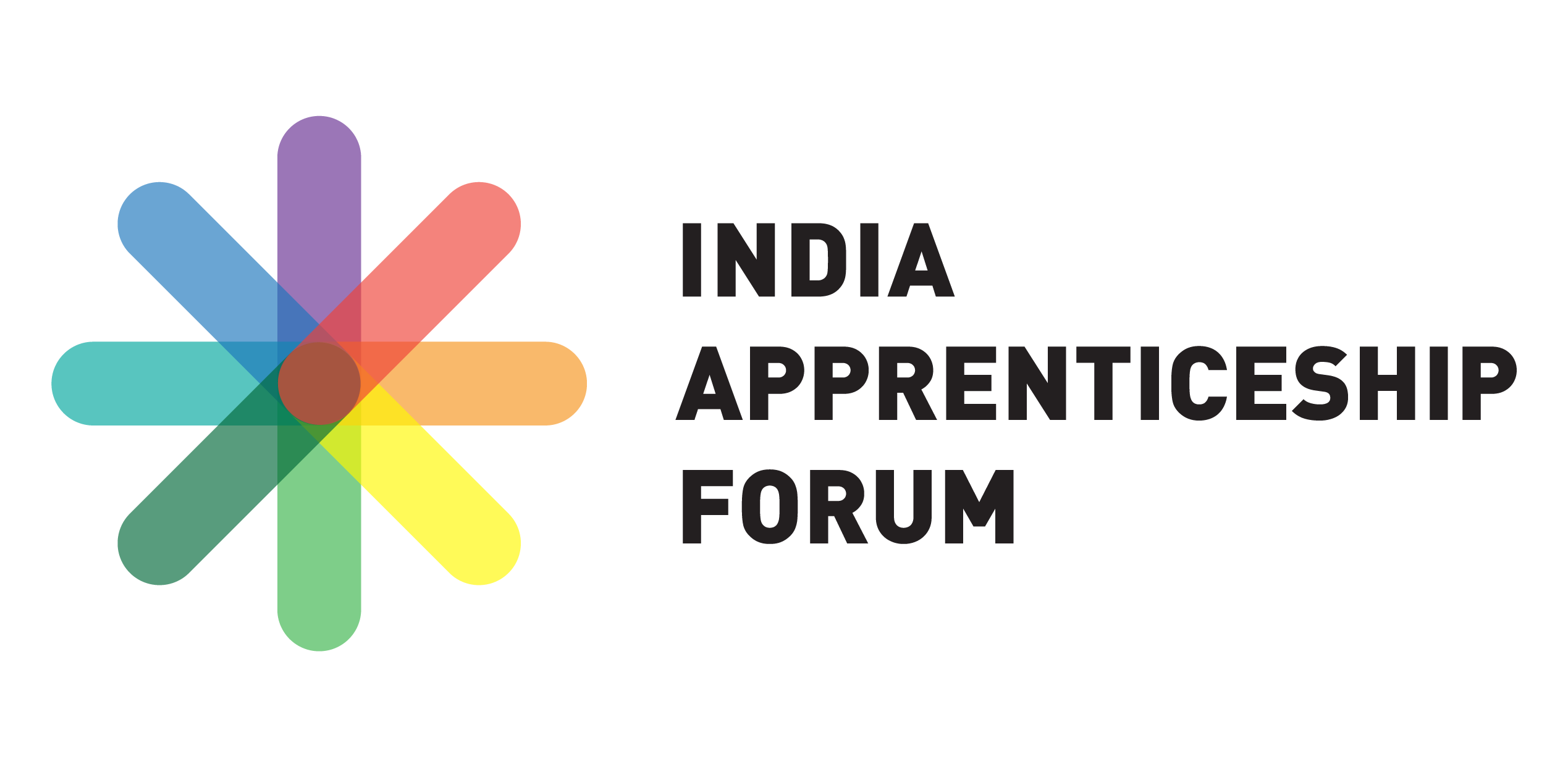This is the stuff dreams are made of. Poonam Kumari, daughter of a truck driver, went from being an unemployed high school graduate to earning Rs.20,000 a month with Café Coffee Day after a three-month coffee making training programme under the government’s Deen Dayal Upadhyaya Grameen Kaushal Yojana (DDU-GKY) scheme. Not only has the scheme given Poonam financial independence it has honed her with world-class skills that brought her international recognition. In 2017 she bagged the first prize, a cash award of Rs. 40,000 at an international coffee making contest held in Mexico with participants from 32 countries.


Odisha is also the first state to have implemented a software-based tracking system for the implementation of the DDU-GKY which tracks the progress of students from registration to training to post placement for a year. Such data gathering is crucial to develop evidence-based skill development markers for training and will serve as a valuable feedback tool for the Odisha Rural Development and Marketing Society (ORMAS), the overseer of the scheme.
Interestingly, young women make up 51 percent of enrollees in the DDU-GKY scheme in Odisha with 61 percent from the SC, ST and minority communities (until 2017-18). Successful trainees now command salaries between Rs 20,000 and Rs 35,000 in India and Rs 40,000- Rs 64,000 if employed overseas.
Odisha is unique in the manner in which the DDU-GKY scheme has been implemented in the state. For instance, although the DDU-GKY mandates that the project implementing agency (PIA) or trainer should mobilise, train and place candidates, Odisha has taken the responsibility into its own hands. The state has deployed ‘mobilisers’ across the rural hinterland to enroll youth into the programme. To further drum up support Odisha also uses the services of gram rozgar sevaks and self-help groups at the community level who are trusted by the local populace. Another advantage over other states is that by making an entity such as the ORMAS the overseer of the scheme, the DDU-GKY scheme now has manpower up to the block and gram panchayat levels enabling Odisha to cast a wider net on mobilisation.
Similarly, although the DDU-GKY has tasked PIAs to place 70 percent of trained candidates, Odisha has its own dedicated placement cell. ‘We visit the principal industrial areas in the country, such as Pune, Bengaluru, Ahmedabad and meet with employers to assess their requirements”, says S C Pady, head of ORMAS placement cell. On their own volition, the Odisha government initiates contact with industry sectors such as retail outlets, bulb manufacturers, drug companies, crankshaft and piston makers, which has achieved placement of 50 to 100 candidates at a time.
Further, PIAs are incentivised by the Odisha government through a financial award scheme to recognise the efforts of well-performing PIAs.
Another aspect of the well thought of and holistic approach of the Odisha government’s implementation of the DDU-GKY scheme is equal emphasis on soft skills training where according to official records communication skills and confidence are key skills in the services sector accounting for 50 percent of total placements in Odisha.
Such examples of well-implemented mass skilling programmes which are transforming the lives of rural youth in its wake are worthy of replicating in other Indian states. Teams from Bihar and Rajasthan have already visited Odisha to study the various aspects of how the state has been running the DDU-GKY scheme. The case in Odisha is a classic example of a participatory approach to skilling involving various local stakeholders with clear responsibilities and streamlined processes. It is also reflective of how local stakeholders are required to champion central government skilling programmes and to think creatively in designing and adapting schemes to local situations.















